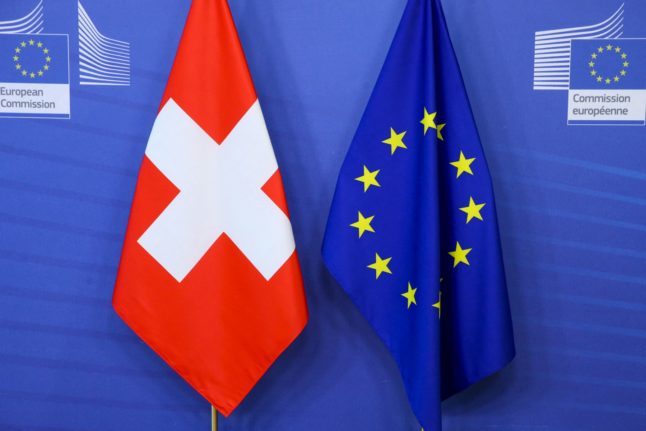Results below. See also: Far-right rise capped as greens advance
Switzerland is entering “a new era, as multipolar as it is indecisive,” says 24 Heures. For La Tribune de Genève, the rise of the Conservative Democratic Party (PBD) and the Green Liberal Party (GLP) “has smashed open the centre of the political arena”, seen as an indication of the Swiss losing faith in more established parties.
The success of the PBD and the GLP should cause shockwaves to run through the parties of government, writes Le Matin. The Neue Zürcher Zeitung meanwhile puts a positive spin on developments, arguing that voters have shown they wanted to bring “fresh air” to parliament.
The Nouvelliste is of a similar opinion, with the Valais-based newspaper believing the new centre will strengthen the search for consensus and could “favour the emergence of a new form of agreement”.
Newspaper editorials also speculate on the impact of the results on the election of the Federal Council on December 14th. Le Quotidien Jurassien believes the far-right SVP has lost momentum in its push for a second seat in the seven-member government council.
The SVP has suffered “a powerful setback,” says Le Temps. The newspaper adds that “the party reflects the image of a hard right at a time when when the country feels that it must find solutions in the centre in order to deal properly with an economic situation that looks increasingly difficult and uncertain.”
For Le Matin, the results reflect Swiss fatigue with the SVP’s “monomaniacal security talk”.
In the German-speaking part of the country, the Tages Anzeiger says the blow suffered by the SVP “will do good to both its friends and enemies.”
The SVP lost the votes that the PBD won, according to Le Quotidian Jurassien. The vote shows the aspirations of a country that is “start[ing] to reject the primary fears raised by the nationalist right” to focus instead on Switzerland’s real worries in economic, social and environmental matters.
Most of the Swiss press hopes the results will make the SVP adopt a more conciliatory tone with other parties.
Many papers also underlined another surprise in the elections: the Green Party’s failure to capitalize on what 24 Heures calls the “Fukushima effect”. Le Temps agrees, adding that the “purist and argumentative stance” taken by the GP has not proved convincing to voters who prefer an incremental approach to change.
Results (change since 2007 in parentheses)
Swiss People’s Party, SVP/UDC, 25.3 percent (-3.6)
Social Democratic Party, SPS/PSS, 17.6 (-1.9)
The Liberals FDP/PLR 14.7 (-3.0)
Christian Democratic People’s Party, CVP/PDC, 13.0 (-1.5)
Green Party, GPS/PES, 8.0 (-1.6)
Green Liberal Party, GLP/PVL, 5.2 (+3.8)
Conservative Democratic Party, BDP/PBD, 5.2 (+5.2)
Evangelical People’s Party, EVP/PEV, 3.2 (+0.6)
Ticino League, LdT, 0.6 (±0)



 Please whitelist us to continue reading.
Please whitelist us to continue reading.
Member comments